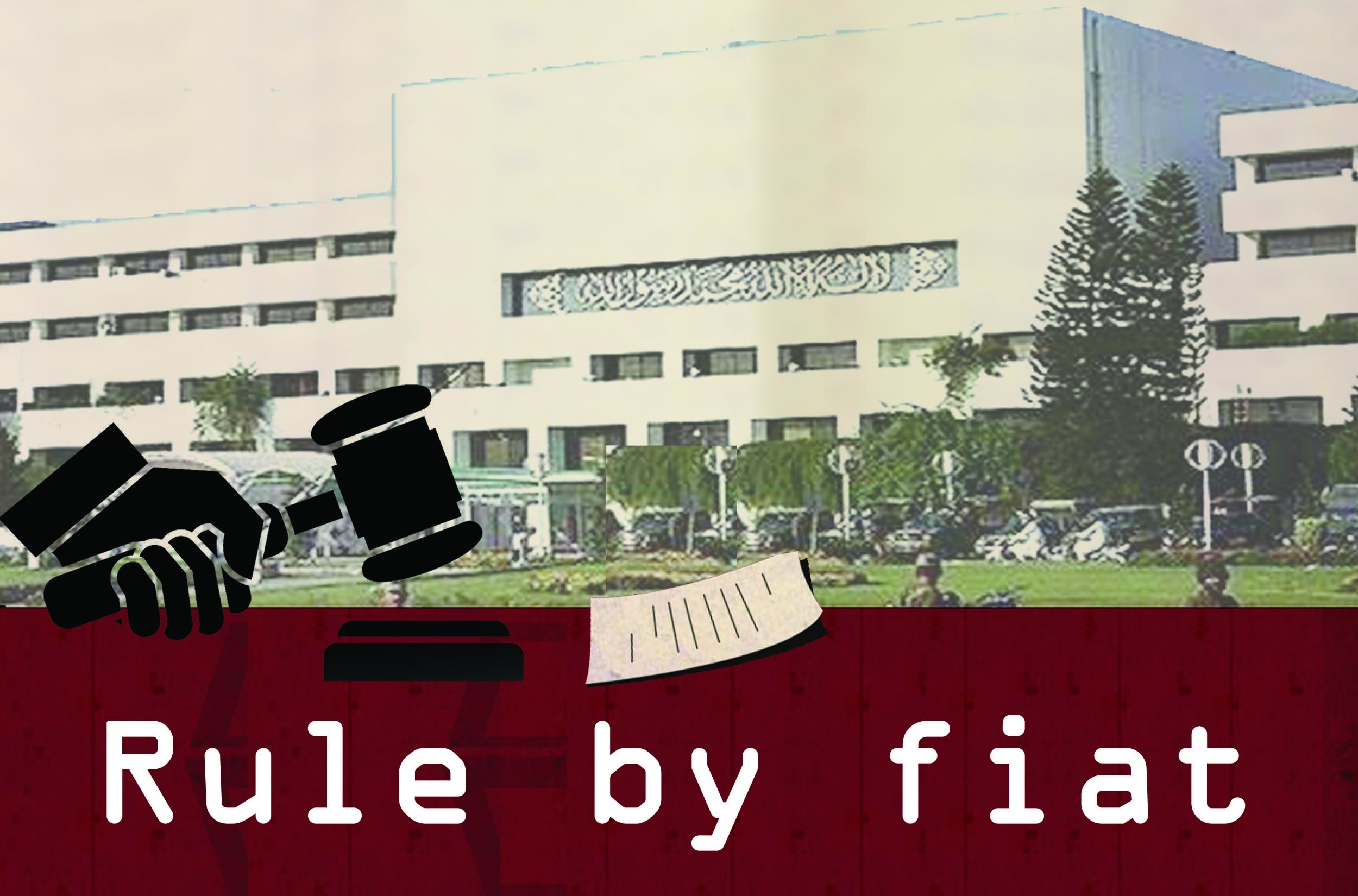
Participatory debate and inclusivity is at the heart of any democratic process

For a democracy as young as ours, we have witnessed our fair share of challenges that have directly harmed and, at times, threatened altogether the stability of our democratic process. Over the last decade, we have witnessed the country step into an era where general elections have allowed the continuity of a democratic process and the parliamentary systems. The debate over how empowered and democratic our governments truly are or how efficient our parliamentary processes are in reality can be exhausting. But even then, given our troubled political history, it is always essential to be mindful of the ways in which our already fragile democracy can be undermined.
The practice of promulgation of ordinances dates back to the British rule in India. Unfortunately, while it has witnessed a steady decline across the world, it has continued in this part of the world. However, the 18th Amendment has restricted that power - of the president to promulgate ordinances while bypassing the parliamentary debates and processes.
It is easy for the government to blame the opposition for lack of parliamentary action as grounds for increased reliance on presidential ordinances. Our political history is rich with instances when successive governments have done just that in a bid to avoid any messy confrontation with the opposition over legislative matters. But is that enough justification for the incumbents to do the same given how systematically this excludes voices and deprives people of their right to inclusion in the democratic process?
Also read: Contextualising ordinances and legislative performance
While some may argue that what the Pakistan Tehreek-i-Insaf government is doing through consistent promulgation of ordinances is not new, it does not inherently absolve them of criticism that comes with such actions. Participatory debate and inclusivity is at the heart of any democratic process - that includes legislative business of the parliament. This consultative process is meant to include all voices, regardless of which end of the political spectrum they may be from. Ordinances deny people this right.
In our special report this week, we aim to understand the power dynamics behind this practice and the manner in which political actors accuse it of manipulating and subverting our democratic system.